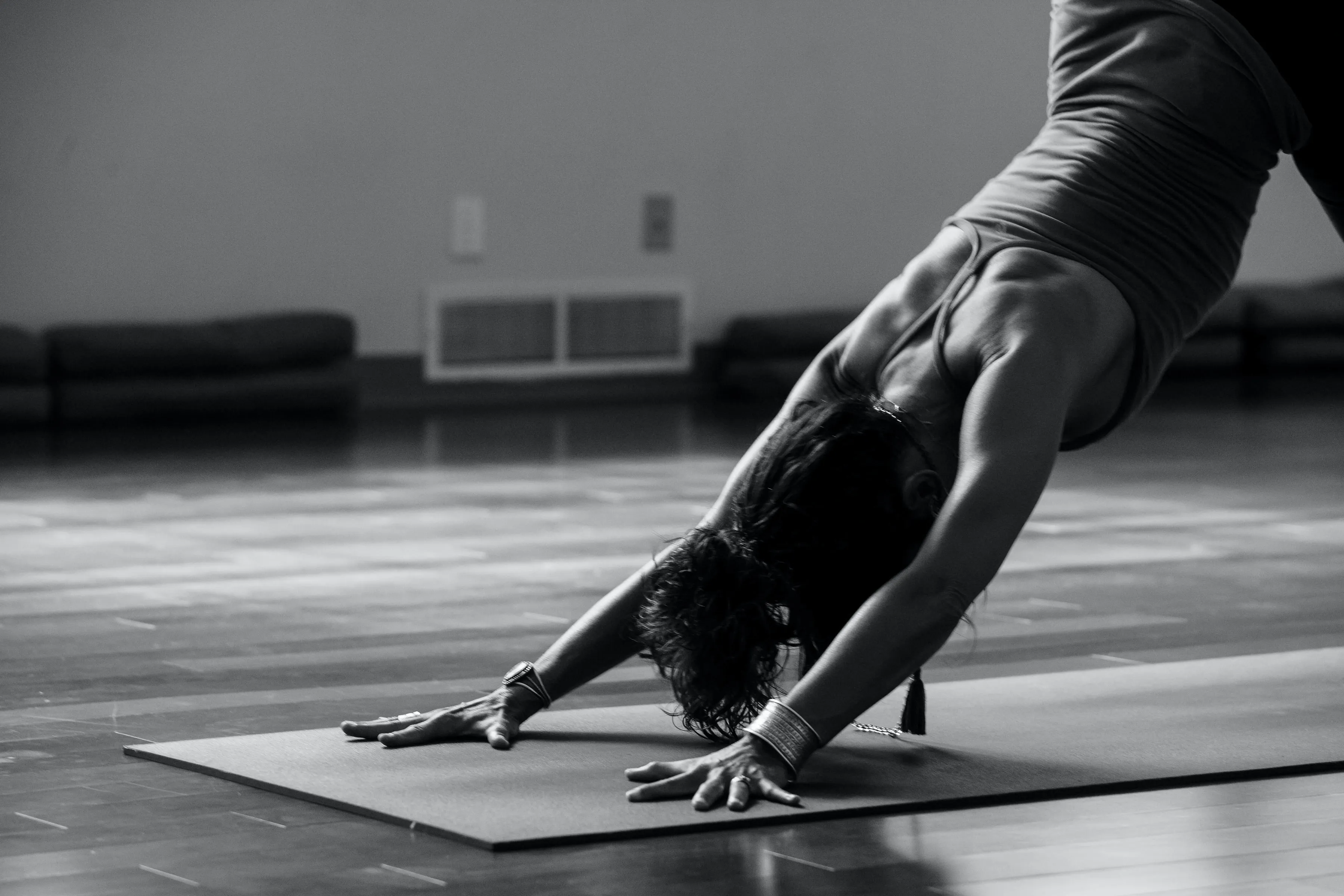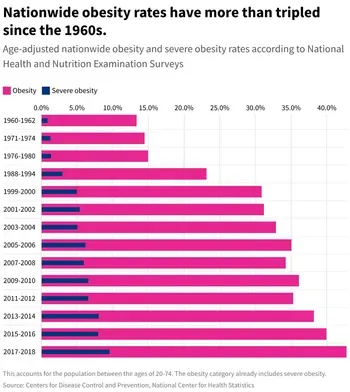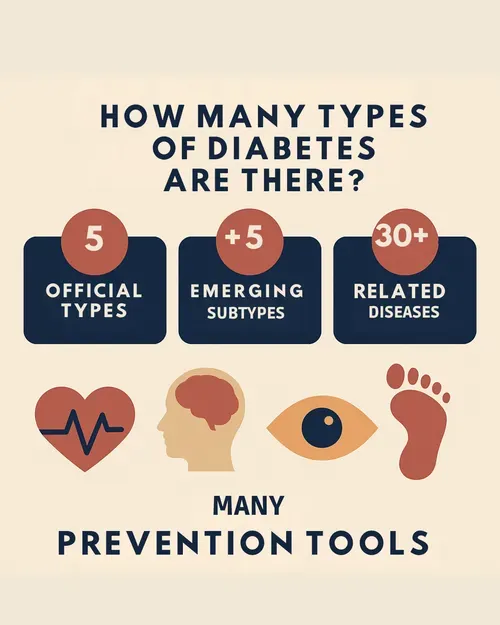Sleep is a Key to Blood Sugar Control and A Long Life
As a seasoned blood sugar and resistance coach, yoga student and therapist, profound student, and practitioner of yoga Nidra, I recognize the profound impact of lifestyle choices, habits, and routines on health (and our lives). Your habits determine your life. And sleep is a critical component that is foundational to biohacking your metabolic health and your longevity.
The Power of Sleep: Insights from My Journey with Diabetes
Over my lifetime, since being diagnosed with diabetes, I've delved into the science, neurobiology, and habit foundations of metabolic health and longevity, including sleep. I've studied the works of experts like Matthew Walker, a professor, neurobiologist, and sleep specialist at Berkeley; Shawn Stevenson, author of Sleep Smarter; and Valerie Oula, author of Rest Rituals: An Introduction to Energy Medicine.
After years of exposure to environmental toxins, such as the deep spraying of glyphosate in Texas and Indiana, and stress, I believe it was a lack of sleep and a super intense week away from home at an academic honors camp that finally triggered my pancreatic cells to give out. Three months later, my diabetes symptoms manifested.
A Journey Intertwined with Stress and Sleep Deprivation
My journey with diabetes began at the tender age of 16, closely intertwined with the challenges of stress and sleep deprivation. Nights of inadequate sleep made this period of my life, characterized by intense academic and personal pressures, even more difficult. During this vulnerable phase, my body's delicate balance was disrupted, leading to the onset of diabetes. This experience was not just a health crisis; it became a profound lesson in understanding the critical role that lifestyle choices, including sleep, play in our overall well-being.
The consequences of those sleepless nights were far-reaching. The constant fatigue dulled my once-focused and sharp cognitive abilities, making learning and performing daily tasks more challenging. Emotionally, the lack of restful sleep left me irritable and prone to mood swings, starkly contrasting my usual demeanor. Physically, I could feel my body struggling to cope; my immune system weakened, and my overall energy depleted. This clearly demonstrated how intertwined our health is with the quality of our sleep. It wasn't just about feeling tired; it was about my body's fundamental functions being compromised, paving the way for long-term health issues, like diabetes, to take hold.
The Importance of Sleep for Metabolic Health
I have found that sleep is key to supporting metabolic health. Loss of sleep can trigger disease, and optimizing sleep is essential to supporting health and longevity when one has a chronic disease. One method I use daily is Yoga Nidra. I studied it as part of Rasayama and Rasa yoga studies under Sree Devi Bringhi, the professor and founder of the Yoga Studies program at Naropa University. Practicing this can be more restorative than sleep per se, as it is a deep form of meditation.
Key Insights from Sleep Research
In Huberman's Lab Podcast #31, "Dr. Matthew Walker: The Science & Practice of Perfecting Your Sleep," Dr. Walker provides a comprehensive overview of current sleep research and offers valuable insights for anyone looking to improve their sleep quality and overall health. He discusses various experiments conducted in his lab, such as selective sleep stage deprivation and its impact on health and cognition.
Respecting Age-Related Changes in Sleep Patterns
Sleep patterns change with age; older adults often experience fragmented sleep. Short, frequent sleep periods can be beneficial. Naps and a Yoga Nidra practice can make up for interrupted sleep. Respect both how your body's natural endocrine system works and how externally taken chemicals affect sleep.
Substances That Damage Sleep Quality
Some substances, including alcohol and caffeine, significantly affect sleep quality. For instance, alcohol is known to suppress REM sleep, while caffeine can disrupt sleep architecture when consumed five hours before bedtime. You can enjoy these, but be aware of their impact.
Embrace Natural Sleep Rhythms
Sleep is complex, and both non-REM and REM (Rapid Eye Movement) sleep are essential. Individual sleep patterns vary, and finding a rhythm that aligns with your natural tendencies is crucial. Consistency in your sleep schedule is key for quality, restorative sleep. I've found that it's true for me. I try to go to bed at 10:30 p.m. consistently; when I do that, my blood sugars and mood are much more consistent. And I look better and more radiant, too.
The Magic of Deep Sleep
Deep sleep facilitates a 'clean house,' a detox period, and is essential for resetting our cognitive and emotional states. The often-neglected period between 10 p.m. and 2 a.m. holds significant potential for enhancing well-being. This window typically brings the most profound sleep stages, crucial for repair and rejuvenation. Tissues are repaired, muscles grow, and the immune system strengthens. For those managing diabetes or metabolic syndrome, prioritizing deep sleep within a few hours of sunset is vital for maintaining physical health.
Enhancing Well-Being Through Sleep
These hours orchestrate vital hormonal balance. Growth hormone peaks, aiding metabolism and repair, while melatonin ensures a smooth transition into quality sleep. This balance is especially important for those managing or preventing type 2 diabetes.
One of the best ways to improve your sleep is to go to bed on time. If you're not already doing so, try getting to sleep between 9 and 11 pm every night for a week (try to sleep at the same hour) and see how you feel. If you want to optimize your sleep, maintain a log of how refreshed you feel when you wake up after trying different sleep hours. You may need to change your sleep routine if you sleep late.
“It's been shown that sleeping from 10:00 p.m. to 2:00 a.m. maximizes hormonal secretions and recovery,” says Shawn Stevenson, author of Sleep Smarter. Stevenson describes that we get a "second wind" of energy at about 10 p.m. as our body transforms into a high metabolic period for healing, which is the incentive to sleep by 10 p.m. "Sleeping during this period boosts metabolic energy to heal, strengthen, and revitalize your body. Antioxidant hormones increase to protect DNA, boost brain function, and more."
Balancing Life and Sleep
Balancing life's demands with the need for quality sleep can be challenging, but it's about finding a middle ground that supports our health without compromising our responsibilities. Melatonin, HGH, and other helpful hormones are released during this sleep period with your body's hormone production; sleeping between 10 p.m. and 2 a.m. is most revitalizing because you obtain the most HGH, the “youth” hormone, to halt aging and feel refreshed when you wake up.
Use that time to repair your body and prevent accelerated aging and illness, at least sometimes. While 10 p.m. isn't ideal every day or for everyone, to get the best benefits, go to bed within a few hours of sunset as much as possible.
The REM Sleep Period: A Time for Deep Wisdom
Our minds engage in dreaming during REM sleep, which often follows deep sleep. These dreams can be more than just random images; they offer a time for introspection and connection with our inner wisdom. This stage is vital for emotional processing and memory consolidation. It's a period where we can, in a sense, 'check in' with ourselves, potentially gaining insights and guidance in a way that's grounded in neuroscience and personal growth.
Integrating Sleep into Wellness Coaching
My personal experience with sleep deprivation and its impact on my health became a cornerstone in my approach to wellness coaching. It underscored the importance of treating symptoms and addressing the root causes and lifestyle factors contributing to conditions like diabetes. It also highlighted the need for holistic care that encompasses physical health and mental and emotional well-being. As I guide others on their path to health and success, this understanding of the critical role of sleep is a key element I integrate into my coaching, drawing from my journey to help others achieve balance, wellness, and longevity as a foundation for their next-level transformations.
Stay healthy and safe in all ways!
Ready to set sail on the voyage to the serene shores of sleep?? Click below to meet with me as your guide.
Karin, Diabetic Health Coach, and Business Consultant
References
Yoga Nidra Online course Winter 2022 with Sree Devi Bringhi https://www.shaktiinstitute.com/
Shakti Institute. Accessed January 7. https://www.shaktiinstitute.com/
"Dr. Matthew Walker: The Science & Practice of Perfecting Your Sleep | Huberman Lab Podcast #31.” 2021. YouTube. August 2. https://www.youtube.com/watch?v=gbQFSMayJxk.
Sleep Smarter: 21 Essential Strategies to Sleep Your Way to A Better Body, Better Health, and Bigger Success Kindle version by Shawn Stevenson (Author), Sara Gottfried (Foreword), Modele House Publishing, 2016
Rest Rituals: An Introduction to Energy Medicine, Meditations for Healing by Oula, Valerie, New York : Sterling Ethos, 2022.


















